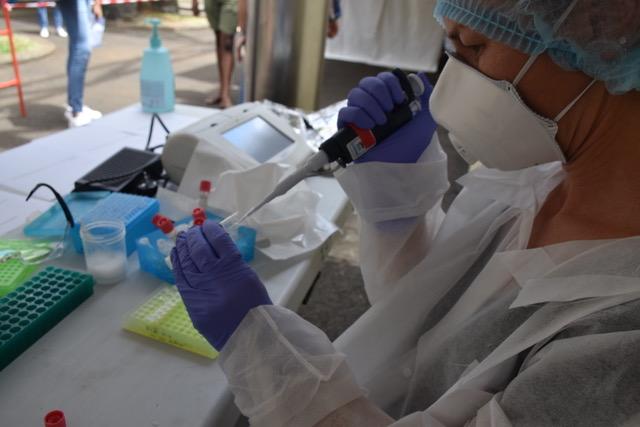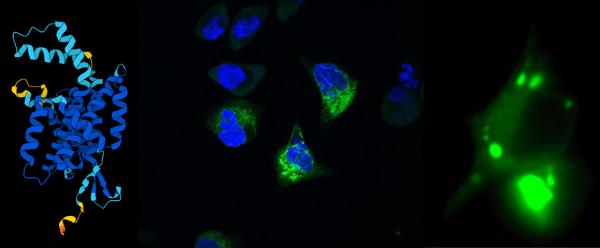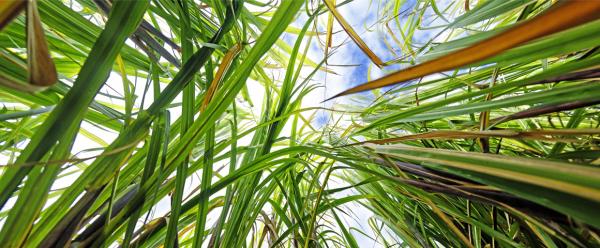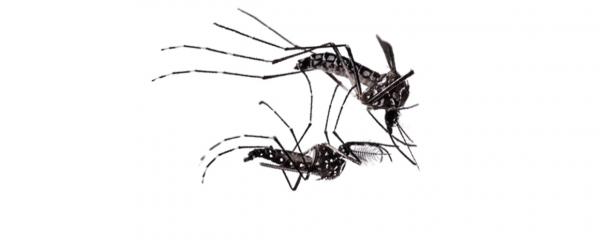Results & impact 2 April 2024
- Home
- Press area
- Press releases
- RunCov Covid-19 test
One Health | RunCov, a new Covid-19 test: results in under 30 minutes

RunCov is a Covid-19 screening test that does not have to be done in a laboratory and provides results in under 30 minutes © A. Georges, IUT Réunion
RunCov is much faster than a conventional PCR test, more reliable than an antigen test, and requires only a simple portable electric device. It can also detect the three main variants of SARS-CoV-2 (UK, South African and Brazilian). It was developed by experts in molecular diagnosis in plant health from CIRAD, based at the Plant Protection and CYROI platforms in Reunion (see box).
Isabelle Robène, an expert in the development of plant disease diagnosis methods who was responsible for developing the RunCov test, explains: “The reference method (RT-qPCR) has to be done in a laboratory using sophisticated equipment to purify and extract the nucleic acids. With this new method, RT-Lamp (loop mediated isothermal amplification), we can test in the field, in airports for example, using a small portable machine”.
Moreover, “the reagents used for RT-Lamp are different to those used for RT-qPCR, which avoids the recurrent problems of reagent shortages”. This technique, which is based on amplifying two regions of the virus genome, is performed directly on clinical samples (nasopharyngeal swabs), without the genetic material extraction phase, meaning results are obtained in 5 to 25 minutes. “The sensitivity is around 90%, even at low viral loads, which reduces the probability of false negatives”.
The One Health approach at work
This new diagnosis method has been tested on different human and animal samples, to ensure the specificity of detection of SARS-CoV-2. “This work was made possible by the partnerships launched in Réunion, within the framework of a task force involving the University of Réunion, CYROI (Cyclotron Réunion Indian Ocean), the CHU and CIRAD in a One Health approach”, says Eric Jeuffrault, CIRAD Regional Director for Réunion-Mayotte.
For more than ten years, CIRAD’s teams have been working to implement the One Health approach by integrating human, animal and plant health, in particular in the Indian Ocean. “The One Health approach enables new collaborations that deliver innovative solutions, as shown by RunCov”.
The goal is to make RunCov operational as quickly as possible, by identifying technical partners capable of producing, distributing and using the test on a large scale, considering it as a public good for use by all the sectors that may be interested in this innovation, including the air transport sector.
This work was funded by the European Union, the French government, the Réunion Regional Council and CIRAD.
The Plant Protection Platform, a unique research infrastructure in the Indian Ocean
The Plant Protection Platform (3P) in Réunion hosts different scientific teams (CIRAD, University of Réunion, MNHN, etc.) specializing in pathology and molecular genetics, entomology, ecology, etc. These teams work to protect Réunion’s crops and biodiversity, in particular by proposing methods for plant disease diagnosis and for the ecological management of crop pests or invasive species in natural environments, but also through the conservation of biological resources, some of which are endangered. A unique infrastructure in the Indian Ocean, 3P is developing strong partnerships with the other islands (Mauritius, Seychelles, Mayotte, Comoros, Madagascar). This research platform is currently being extended, and by 2022 will be one of CIRAD’s largest scientific infrastructures.


























